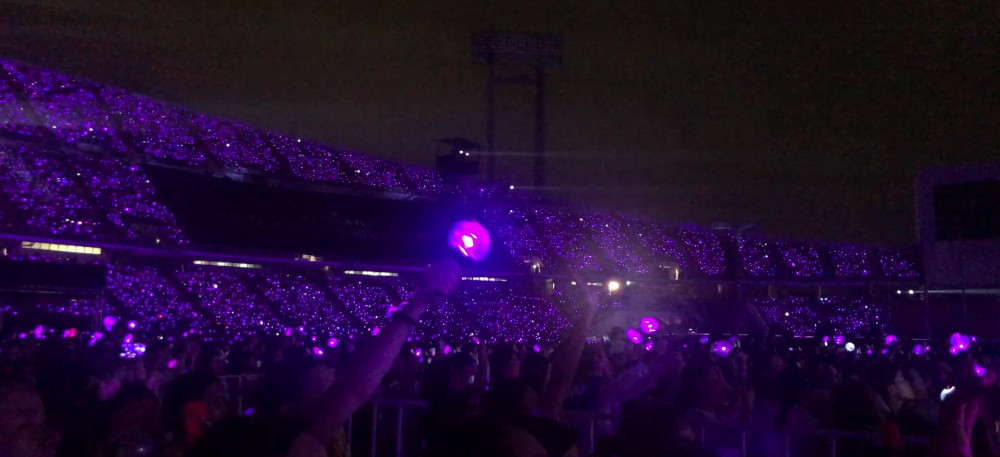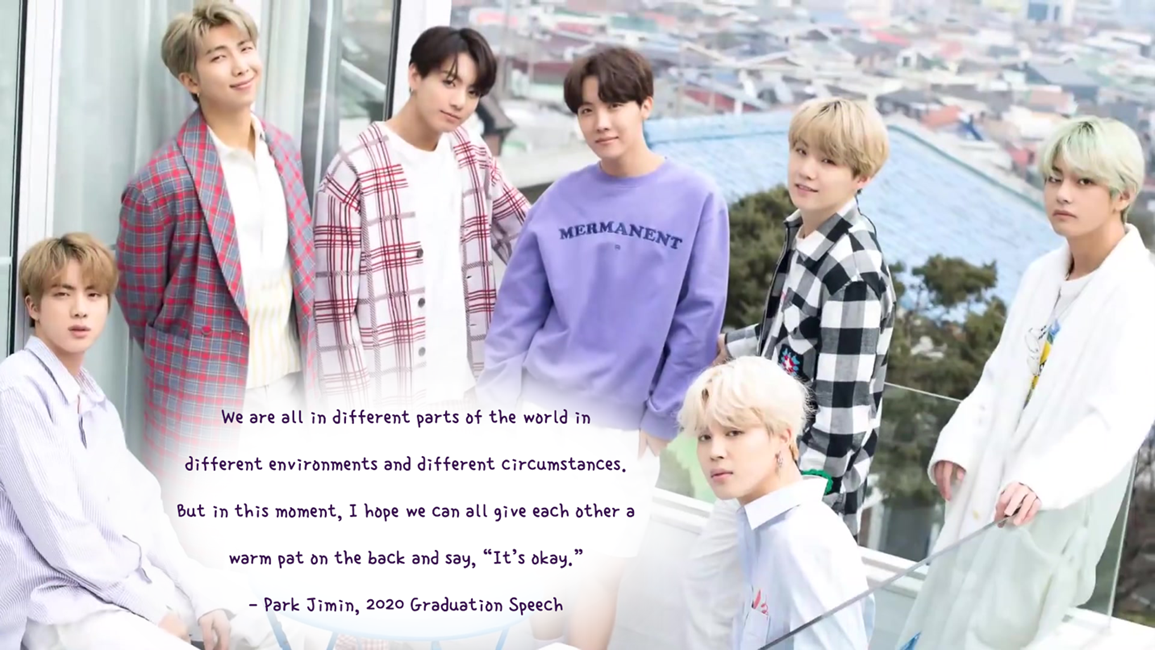Playing for real

Kate Ringland can spend hours each day on Twitter “posting tons of nonsense” while engaging with accounts dedicated to the popular Korean boy band BTS. But for Assistant Professor Ringland, a long-time member of ARMY, the official—40 million-strong—fandom of BTS, scrolling through the memes isn’t just for fun. She’s making observations, taking notes, and asking questions, all part of her research to explain and characterize how playful online communities like ARMY enable acts of care and promote social activism.
Contrary to the craziness some might imagine happening in a stereotypical fandom of rabid teen girls, real mental health support occurs in ARMY, Ringland said. With outcomes like those achieved in, for example, a depression support group, online interactions amongst ARMY members have the potential to provide substantial benefit. On Ringland’s Twitter account where she shares content for disabled ARMY members, as many as half a million people have viewed her posts. “That kind of reach is unheard of in other support settings,” she said.

By studying the ways play-based online communities support marginalized individuals, especially people with disabilities, Ringland hopes to better understand what it means to be social. “There are really positive, important caring activities happening in these online spaces,” Ringland said. “We shouldn’t disregard them.”
—Emily Harwitz

